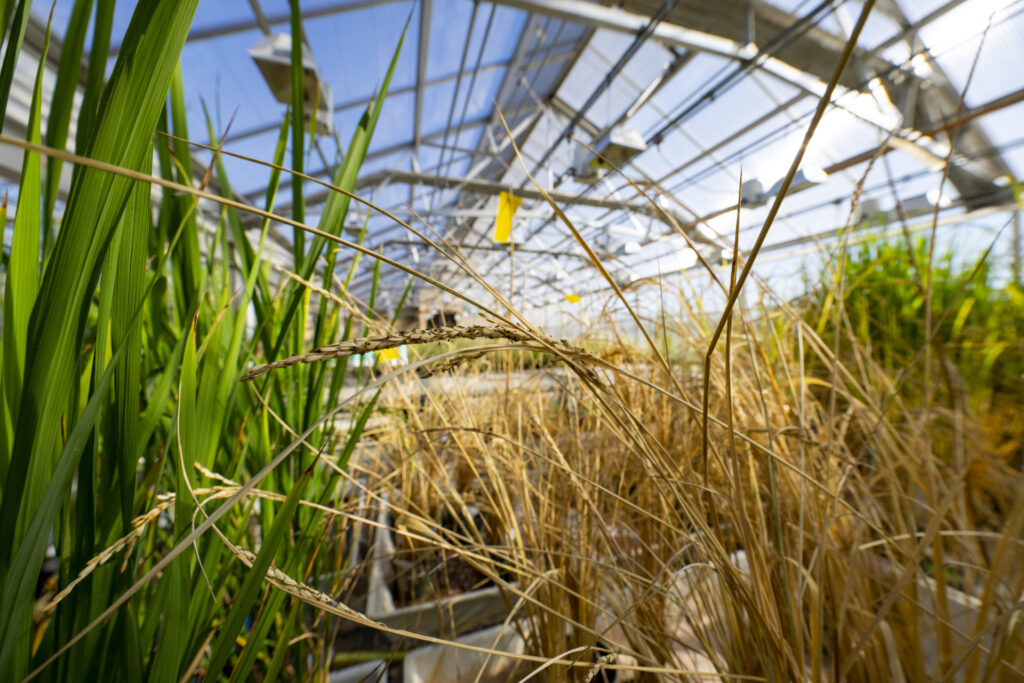Bridging the agricultural science communications gap
Texas A&M AgriLife to create national education network
A national network of researchers, educators and undergraduate students will help bridge the communication gap between agriculture scientists and nonscientists.
Forming the network is part of a grant project led by the Texas A&M College of Agriculture and Life Sciences Department of Agricultural Leadership, Education and Communications and funded by the U.S. Department of Agriculture National Institute of Food and Agriculture, USDA-NIFA.
The Education Coordination Network, ECN, will be part of USDA-NIFA’s Research and Extension Experiences for Undergraduates, REEU. The National REEU-ECN will promote communication activities around agricultural research, extension and undergraduate learning.

Informing the public
Disseminating evidence-based information is critical to reducing gaps in science communication, said Gary Wingenbach, Ph.D., Texas A&M AgriLife Research senior scientist and professor in the Department of Agricultural Leadership, Education and Communications, Bryan-College Station.
“Our goal is to reduce some science communication gaps and science understanding gaps between food scientists, researchers and the public,” he said. “We want to reduce existing gaps between food science research and public understanding of such research. The more informed our public, the more likely policies will be formulated that are conducive to and positive for producers and consumers alike. Our goal is to develop a national network linking scientists, researchers, students and the public.”

Wingenbach and Holli Leggette, Ph.D., director of the Science Communications Lab and associate professor in the Department of Agricultural Leadership, Education and Communications, Bryan-College Station, will develop a comprehensive project database system using Texas A&M AgriLife Research cloud services.
The ECN will host REEU projects from across the country or wherever the REEU project is located, Wingenbach said, with outcomes to help develop the new system.
Exposure to science through outreach
Educational outreach will include social media channels with weekly promotions, student videos, blogs and a program website.
“We are also planning science forums twice a year as well as having a national meeting for all REEU project directors and participating students, including a student poster competition,” Wingenbach said. “We want to create national exposure for the REEU program, build science communication skills for all involved and publicize the REEU program to others.
He said roughly 30 to 35 programs are projected to join the community of practice with about 550 participants each year.
“That’s not counting public engagement,” he said. “Over the five-year grant period, there could be 3,000 to 5,000 individuals contacted through the National REEU-ECN. Narrowing the gap between research and public understanding is really important. We think this project will produce many positive outcomes.”





